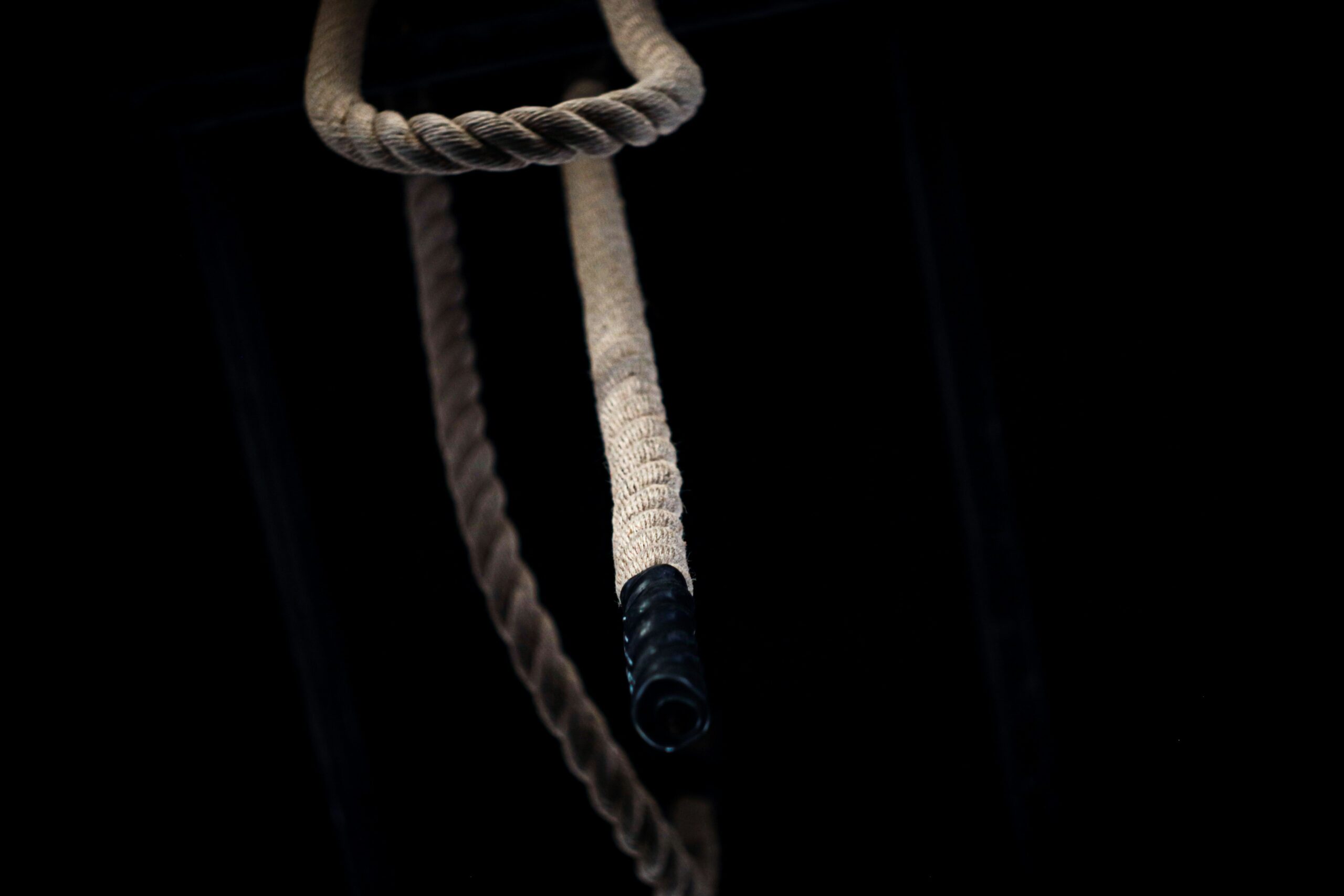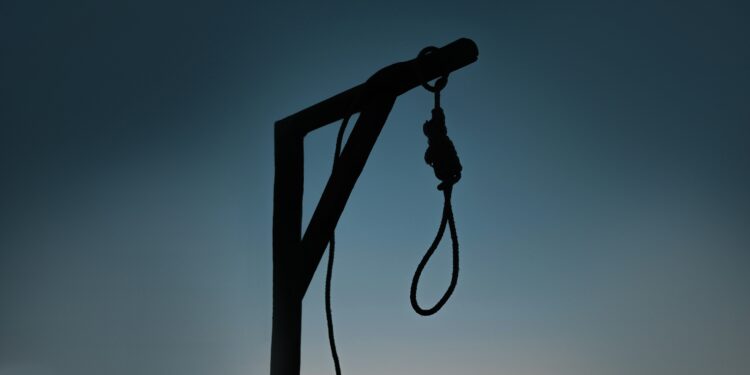Nigeria’s corruption crisis has reached a point where ordinary solutions no longer work. Endless investigations, committees, court cases that drag for decades, and symbolic sackings have failed to stop the rot. Many Nigerians now believe that only a drastic measure can save the country. Only death penalty for corruption can save Nigeria from sliding further into economic ruin, lawlessness, and moral decay.
Corruption Is Killing Nigeria
Every sector of the economy is bleeding because of corruption. Schools have no teachers, hospitals have no doctors, roads crumble, electricity is unreliable, and millions live in poverty while a few officials amass wealth beyond imagination. Every oil barrel stolen, every contract inflated, every bribe paid drains resources that should be used to build the nation. Ordinary Nigerians see the pain daily, and patience has run out.
Weak Punishments, Strong Impunity
The problem is not lack of laws. The problem is enforcement. Corrupt politicians, military officers, and bureaucrats know that even if caught, they will spend years in court and walk free or get a small fine. Jail terms are brief, sentences are reduced, and political connections protect the guilty. When rewards for corruption outweigh the punishments, crime becomes a business. Brutal honesty requires admitting that mild penalties will never stop this. Only a shock as severe as the death penalty might deter the powerful from stealing the people’s future.

Moral and Social Collapse
Nigeria is not just losing money, it is losing its soul. Young people watch their leaders steal openly and see no consequence. The lesson is clear: wealth, no matter how stolen, is a path to power, while honesty guarantees struggle. This moral decay has allowed insurgency, banditry, and crime to grow. The nation’s ethical compass has been warped. Only a punishment as ultimate as the death penalty sends a message that corruption is a crime against the people’s life itself.
International Examples
Some countries have historically adopted harsh measures to combat corruption with surprising results. Singapore, once riddled with bribery and state corruption, became a global model after enforcing strict penalties, including life imprisonment and, in extreme historical cases, execution for the most egregious officials. While Nigeria is far larger and more complex, the principle is the same: fear of irreversible punishment can shake the culture of impunity.
Why Ordinary Measures Fail
Commissions, anti-graft agencies, and public scandals have done little. Every high-profile arrest is a spectacle followed by quiet release, negotiation, or political bargaining. Nigerians see it as theatre, a cruel joke on citizens who risk everything to pay taxes, obey the law, and build their communities. When corruption is normalized and consequences are mild, the country itself is at risk.
Brutal Truths Nigerians Face
Every stolen naira is a stolen future: hospitals lack equipment, children go hungry, students learn in unsafe schools. The people’s frustration is real. Citizens who work hard see their efforts undermined daily, and resentment grows. The state cannot protect its citizens when leaders exploit power for private gain. Only the most severe consequences will convince the ruling class that corruption is a life-or-death offense for the nation itself.
The Last Resort
Nigeria is bleeding from corruption, and time is running out. Ordinary solutions have failed repeatedly. Courts, fines, and mild prison terms have not instilled fear or accountability. Only death penalty for corruption can save Nigeria from the self-destruction it is rapidly approaching. Without decisive and brutal consequences, the nation’s money, morality, and future will continue to be stolen, leaving generations to pay the price. It is a stark, harsh truth but one that must be faced if Nigeria is ever to rise again.








![MEN’s FASHION: Five smart casual styles [Photos]](https://federalcharacter.com/wp-content/uploads/2021/06/Business-Casual-Attire-for-Men-pic.jpg)








